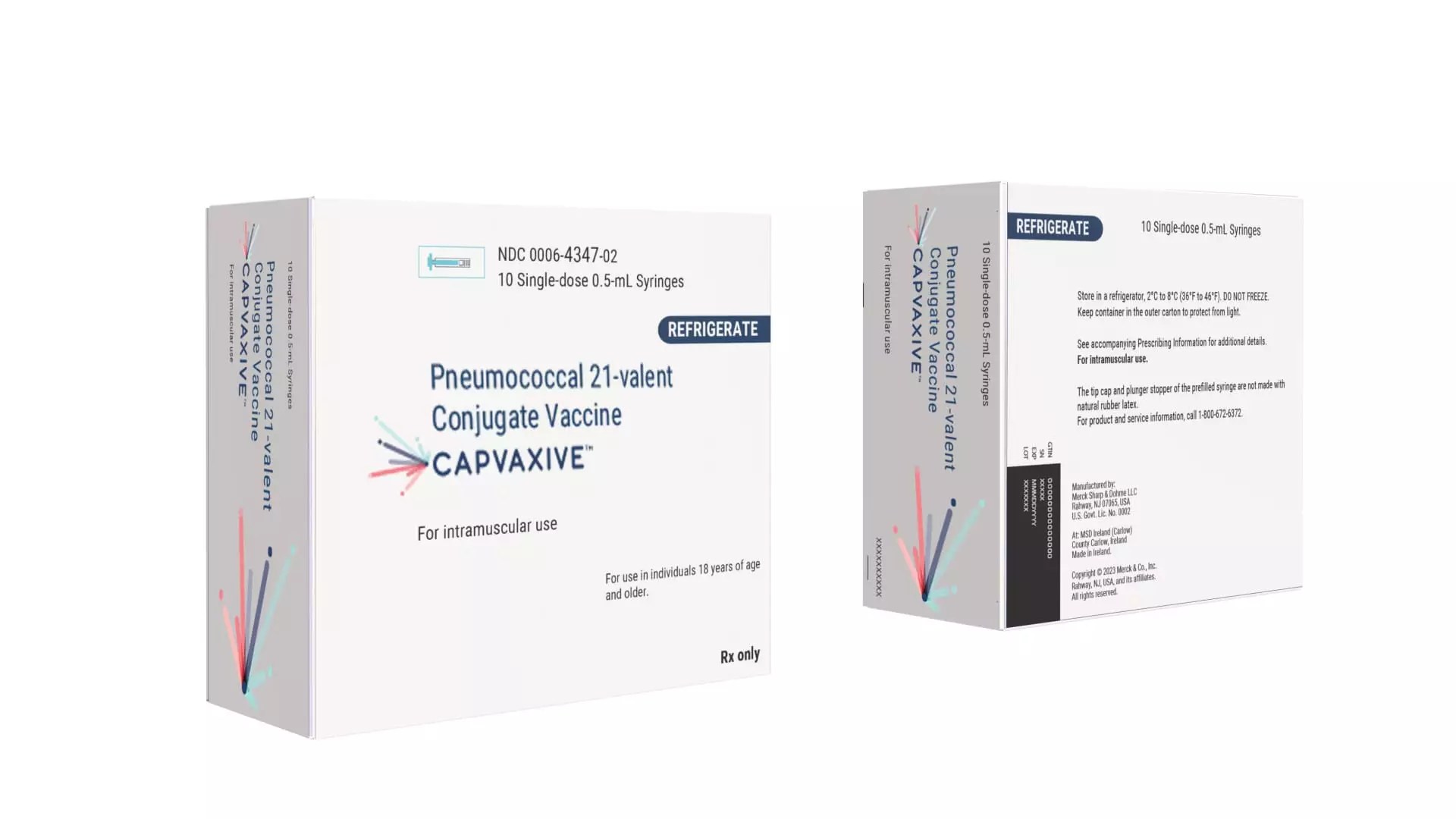The Food and Drug Administration recently approved Merck’s new vaccine, Capvaxive, which is designed to protect adults from the bacteria pneumococcus that can lead to serious illnesses such as pneumonia. This groundbreaking vaccine specifically targets 21 strains of the bacteria, aiming to prevent a severe form of pneumococcal disease that can result in pneumonia. The approval marks a significant milestone in adult vaccine development, offering broader protection than existing vaccines on the market.
Risk Factors and Impact
While healthy adults can still be susceptible to pneumococcal disease, older patients and those with chronic or immunocompromising health conditions are at a higher risk. The consequences of invasive pneumococcal disease, including meningitis and bacteremia, can be severe and even life-threatening for vulnerable populations. Chronic lung disease and asthma can also increase the risk of contracting pneumococcal disease, leading to hospitalizations and impacting individuals’ quality of life.
Merck views Capvaxive as a key growth driver, especially as the company prepares to offset losses from its blockbuster cancer drug, Keytruda. With the current market for pneumococcal conjugate vaccines valued at around $7 billion and projected to exceed $10 billion in the coming years, Merck stands to benefit significantly from its newly approved vaccine. By targeting a more comprehensive range of bacteria strains and offering protection specifically for adults, Merck aims to gain a competitive edge in the market, potentially surpassing its rival, Pfizer.
Merck’s Capvaxive protects against eight strains of bacteria not covered by any other approved vaccine for pneumococcal disease. These additional strains are responsible for a significant portion of invasive pneumococcal cases in older adults, highlighting the effectiveness of Merck’s vaccine in providing comprehensive protection. In contrast, Pfizer’s Prevnar 20 targets fewer strains, potentially leaving a coverage gap for certain populations.
The FDA’s approval of Merck’s vaccine was based on its late-stage trial, STRIDE-3, which compared Capvaxive to Pfizer’s Prevnar 20 in adults over 18 who had not previously received a pneumococcal vaccine. The results of the trial demonstrated the efficacy and safety of Merck’s vaccine, leading to its approval for use in adults. Moving forward, Merck is prepared to supply the vaccine by late summer, pending approval by the Centers for Disease Control and Prevention advisory panel.
Merck’s new pneumococcal vaccine represents a significant advancement in adult vaccine development, offering broader protection and targeting additional strains of bacteria not covered by existing vaccines. With the potential to capture a significant portion of the market share among adults, Merck’s Capvaxive could reshape the landscape of pneumococcal disease prevention and treatment. As the healthcare industry continues to prioritize disease prevention and immunization efforts, the approval of innovative vaccines like Capvaxive underscores the importance of ongoing research and development in addressing public health challenges.


Leave a Reply